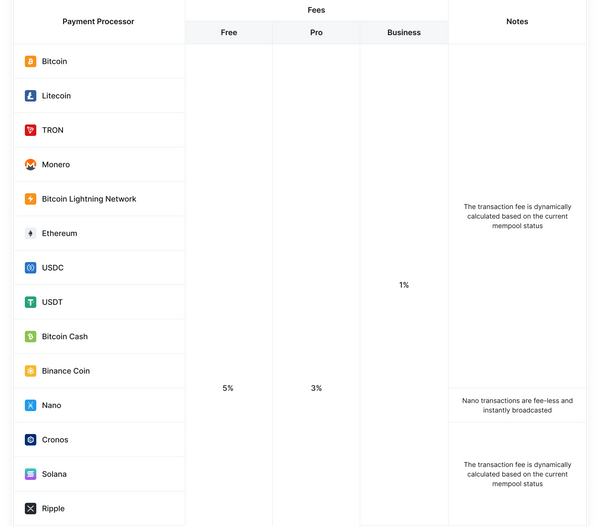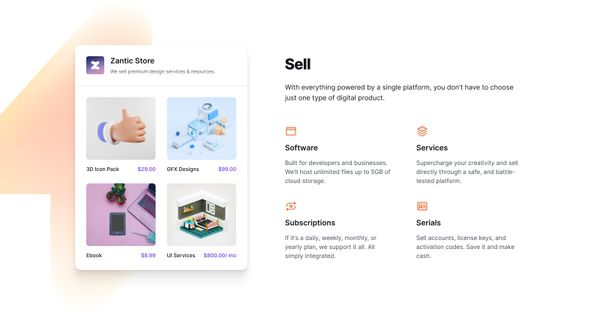The nature of our digital world is that we need to be able to scale whenever we need to. Like many other platforms, most notably Netflix, Disney, Reddit, and Coinbase, they’ve all seen rapid growth these past few years and they needed a cloud hosting provider to accommodate them.
If you haven’t caught on yet and are asking why in the world did we point out those companies? Simple. They’re all customers of, yes, Amazon Web Services (AWS).
Last year we announced our global infrastructure improvements in our community, which was welcomed by all of the businesses we powered. These improvements came with completely migrating from our own self-hosted solution to Amazon Web Services (AWS). The result was mesmerizing to our entire team.
There’s a good reason for why Amazon Web Services (AWS) continues to blow every other cloud hosting platform out of the waters, and why large companies, like Netflix, partner with Amazon Web Services (AWS) for the majority of their services. We’ll start with the numbers. Amazon Web Services (AWS) leads the cloud hosting market with a staggering 33% market share for the past fiscal year.
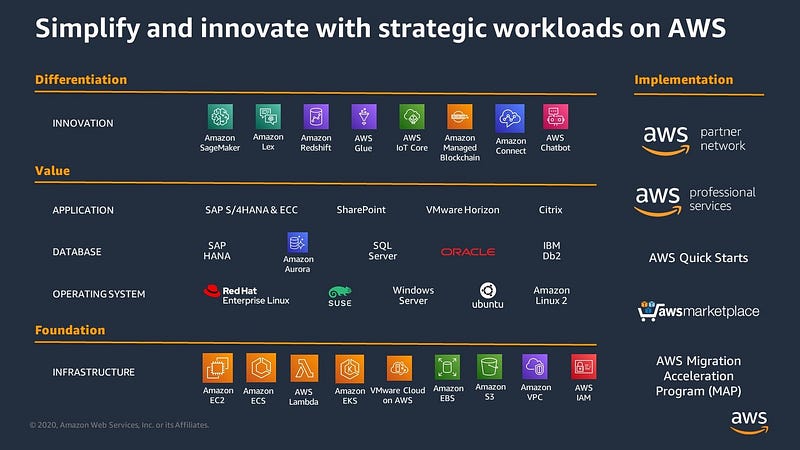
We can’t continue to talk about Netflix as it’s some company that can identify a hosting platform that stays true to their service, we can share a list of companies that use Amazon Web Services (AWS). The following list consists of large companies that, to date, make use of the range of services Amazon Web Services (AWS) offers:
Aon, Adobe, Airbnb, Alcatel-Lucent, AOL, Acquia, AdRoll, AEG, Alert Logic, Autodesk, Bitdefender, BMW, British Gas, Baidu, Bristol-Myers Squibb, Canon, Capital One, Channel 4, Chef, Citrix, Coinbase, Comcast, Coursera, Disney, Docker, Dow Jones, European Space Agency, ESPN, Expedia, Financial Times, FINRA, General Electric, GoSquared, Guardian News & Media, Harvard Medical School, Hearst Corporation, Hitachi, HTC, IMDb, International Centre for Radio Astronomy Research, International Civil Aviation Organization, ITV, iZettle, Johnson & Johnson, JustGiving, JWT, Kaplan, Kellogg’s, Lamborghini, Lonely Planet, Lyft, Made.com, McDonalds, NASA, NASDAQ OMX, National Rail Enquiries, National Trust, Netflix, News International, News UK, Nokia, Nordstrom, Novartis, Pfizer, Philips, Pinterest, Quantas, Reddit, Sage, Samsung, SAP, Schneider Electric, Scribd, Securitas Direct, Siemens, Slack, Sony, SoundCloud, Spotify, Square Enix, Tata Motors, The Weather Company, Twitch, Turner Broadcasting,Ticketmaster, Time Inc., Trainline, Ubisoft, UCAS, Unilever, US Department of State, USDA Food and Nutrition Service, UK Ministry of Justice, Vodafone Italy, WeTransfer, WIX, Xiaomi, Yelp, Zynga and Zillow.
Amazon Web Services (AWS) posted a full-year revenue figure of almost $62.2 billion for the 2021 financial year. When you see numbers like that, it’s best to deconstruct who their big spenders were. Through that financial year, these following companies spent a heavy dime on their services:
- Netflix: $19 million
- Twitch: $15 million
- LinkedIn: $13 million
- Facebook: $11 million
- Turner Broadcasting: $10 million
- BBC: $9 million
- Baidu: $9 million
- ESPN: $8 million
- Adobe: $8 million
- Twitter: $7 million
(Data taken from https://www.contino.io/insights/whos-using-aws)
What we’ve done
Sellix uses Amazon Web Services (AWS) for its whole infrastructure, from cryptocurrencies to APIs, to our Web App and queue systems. As a result, we have been able to scale from a few merchants to thousands in months without worrying for a single second about our system requirements or server maintenance.
Let’s dive a bit deeper into how we, as a platform, manage the cool “technical things”.
Web App
Just over a month ago we posted a blog post in relation to the continuous DDoS attacks our platform saw by criminals. Our frontend infrastructure is a multi-region, highly available and resilient architecture designed to withstand increasing traffic. All with the lowest response time possible by duplicating the same environment in the US (us-east) and EU (eu-west), linking them with Global Accelerator server through Cloudflare as a CDN.

When we deployed Sellix in this multi-region architecture and using Global Accelerator, we were able to completely slash the delays for our United States, Brazil and Mexico customers in half while also improving universal resiliency against distributed denial of service attacks (DDoS) that we faced every day by criminals.
API
Like our web application, our API is deployed on Amazon Web Services (AWS) in an Auto Scaling Group (ASG) on ARM instances (ARM is not available yet with Elastic Beanstalk on all Availability Zones, which is why why we haven’t chosen it for our frontend EC2 Instances).
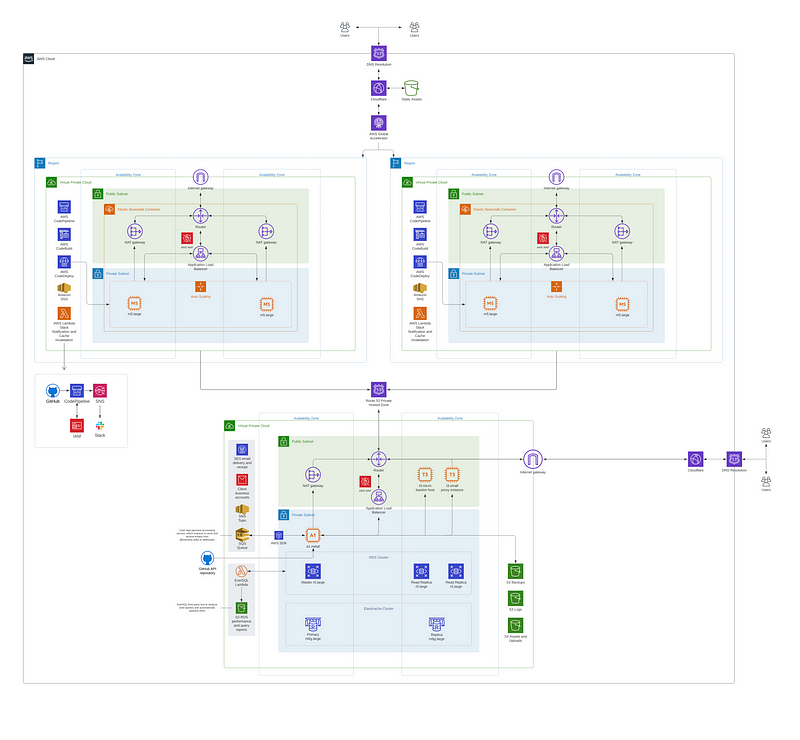
The Web App VPC is peered to the API VPC, allowing us to communicate internally between Frontend and Backend and decrease request times. Internal routes are handled by Route 53, whereas connections are only allowed through predetermined ports to increase security.
Both of our databases and cache systems are highly resilient thanks to being deployed in two different AZs and having cross-region replicas.
Cryptocurrencies
Whilst we do not handle the nodes on Amazon Web Services (AWS) (for example, a Solana (SOL) node had us need to order a dedicated server with 256GB of RAM and around 10TB of NVME SSD), which would be fairly too expensive, we handle everything else from creating addresses to processing invoices and sending payments.
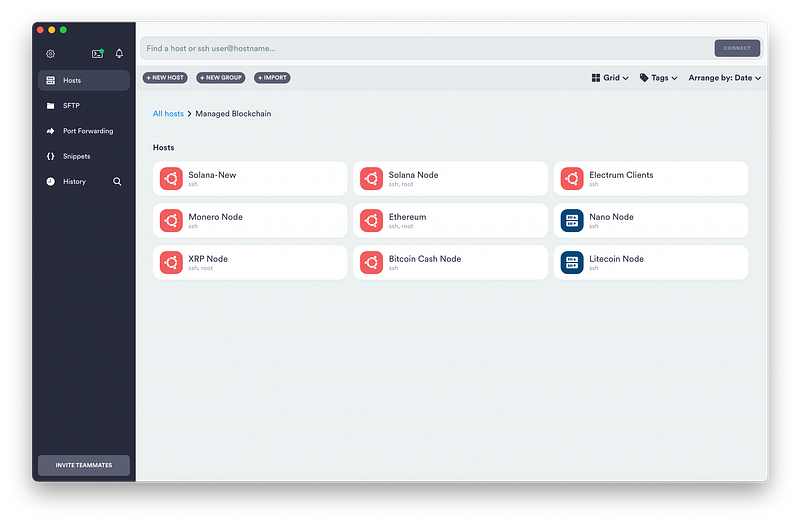
Cryptocurrencies are tightly integrated with our API and queue services; every time an invoice is completed, a new payout is added to an SQS queue, which is processed almost immediately to pay the corresponding merchant.
The scalability of Amazon Web Services (AWS) allows us to launch batch instances at a time’s notice to scale up and down our processor instances to minimize the time required for daily events.
Other enterprises
While it’s evident that Amazon Web Services is a titan in the cloud hosting industry, there are, without a doubt, other players in the field that are taking the fight to them.
In the past few years, we’ve seen major companies like Spotify migrate from Amazon Web Services (AWS) to Google Cloud Platform (GCP), and GitLab from Microsoft Azure to GCP as well (https://medium.com/serverlessguru/companies-moving-from-aws-and-azure-to-google-cloud-platform-55fe74f54bd2).
This in it’s entirety only goes to show that there are many other factors at play than just large companies servicing another large company. We believe Amazon Web Services is a great fit for Sellix and our growth, so we’re sticking around.




